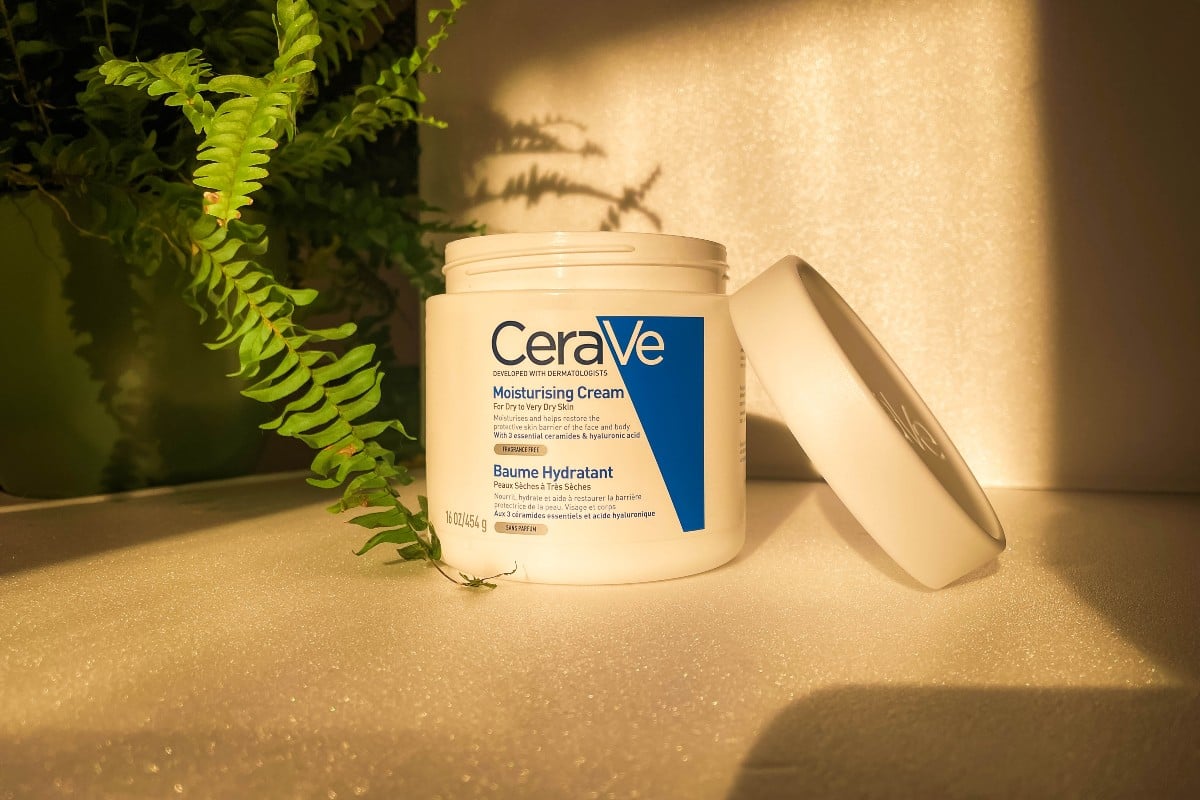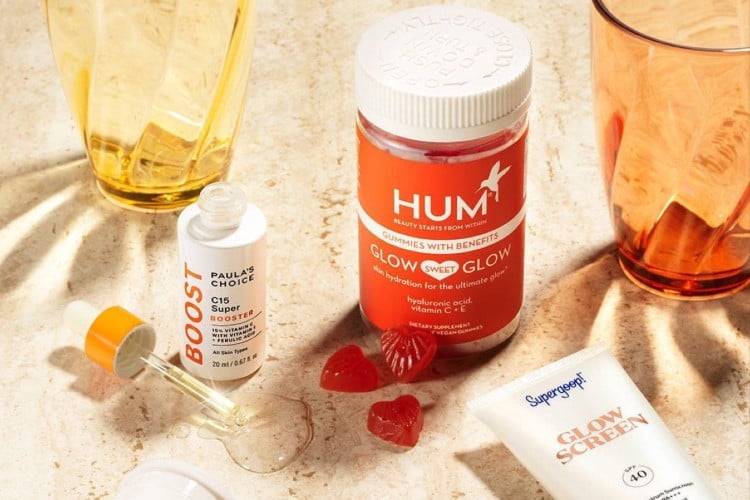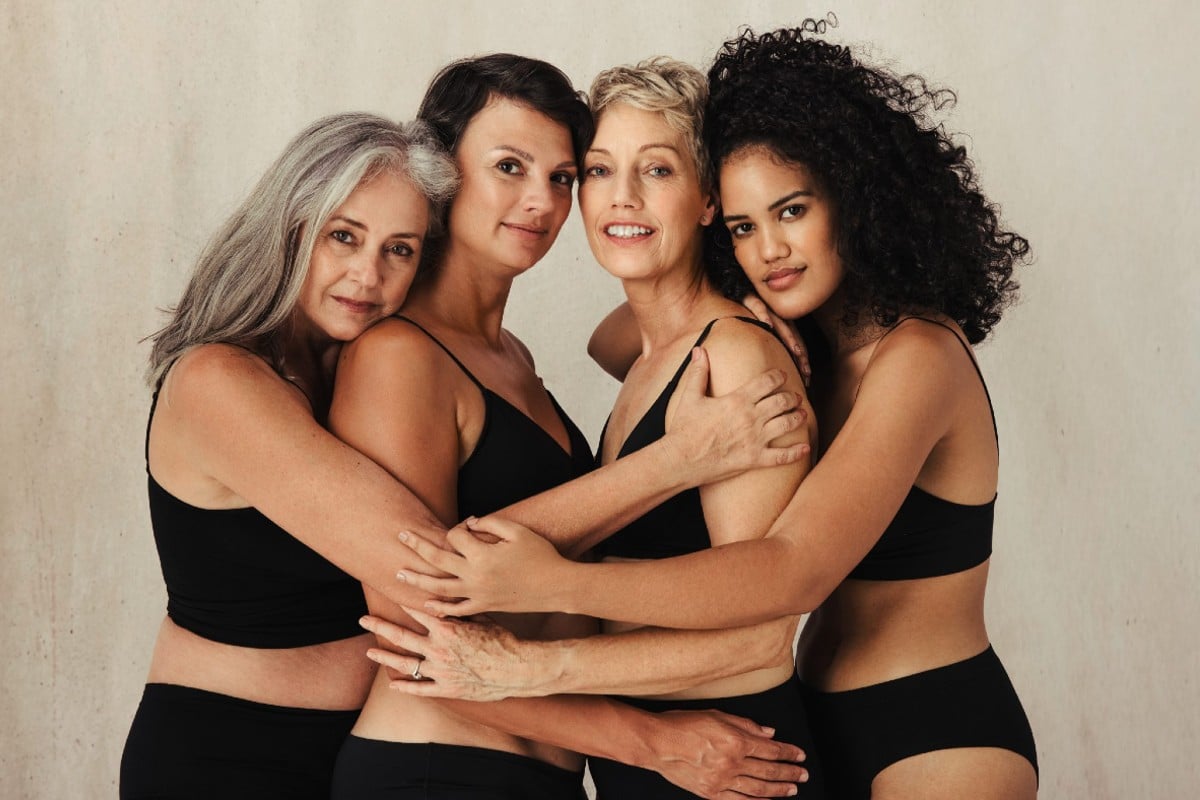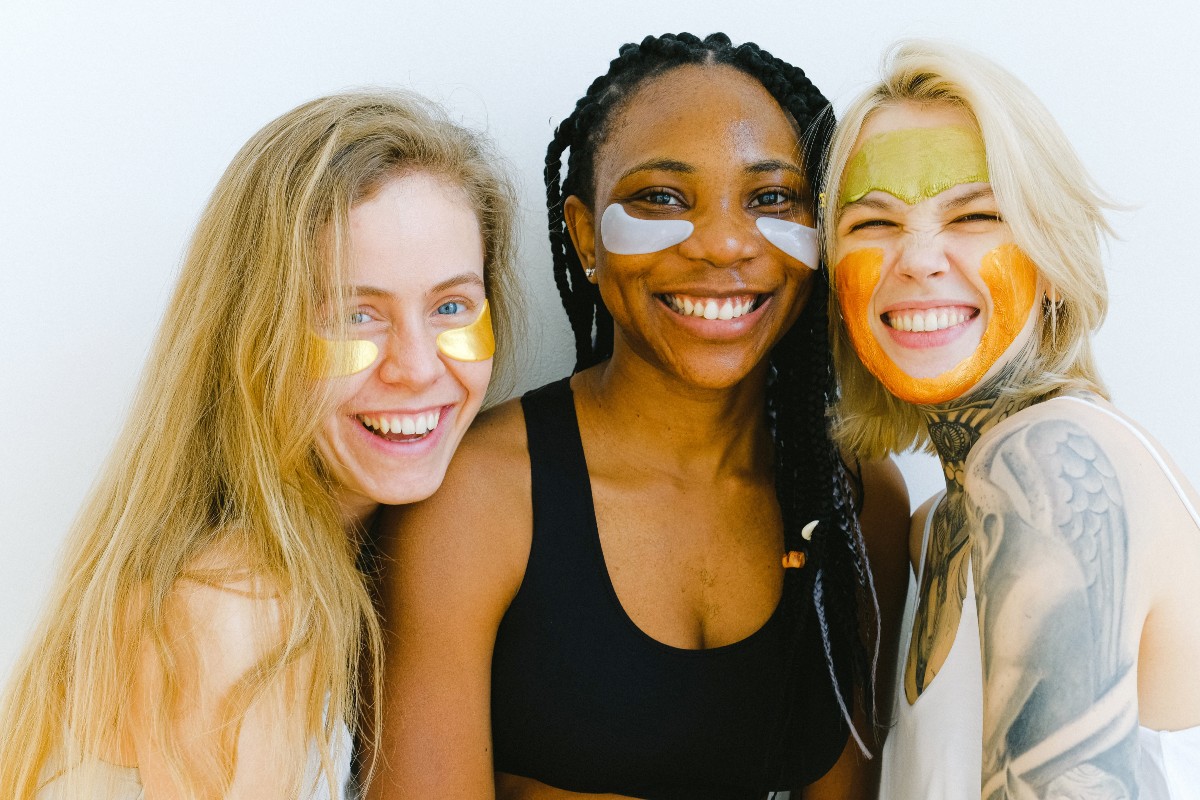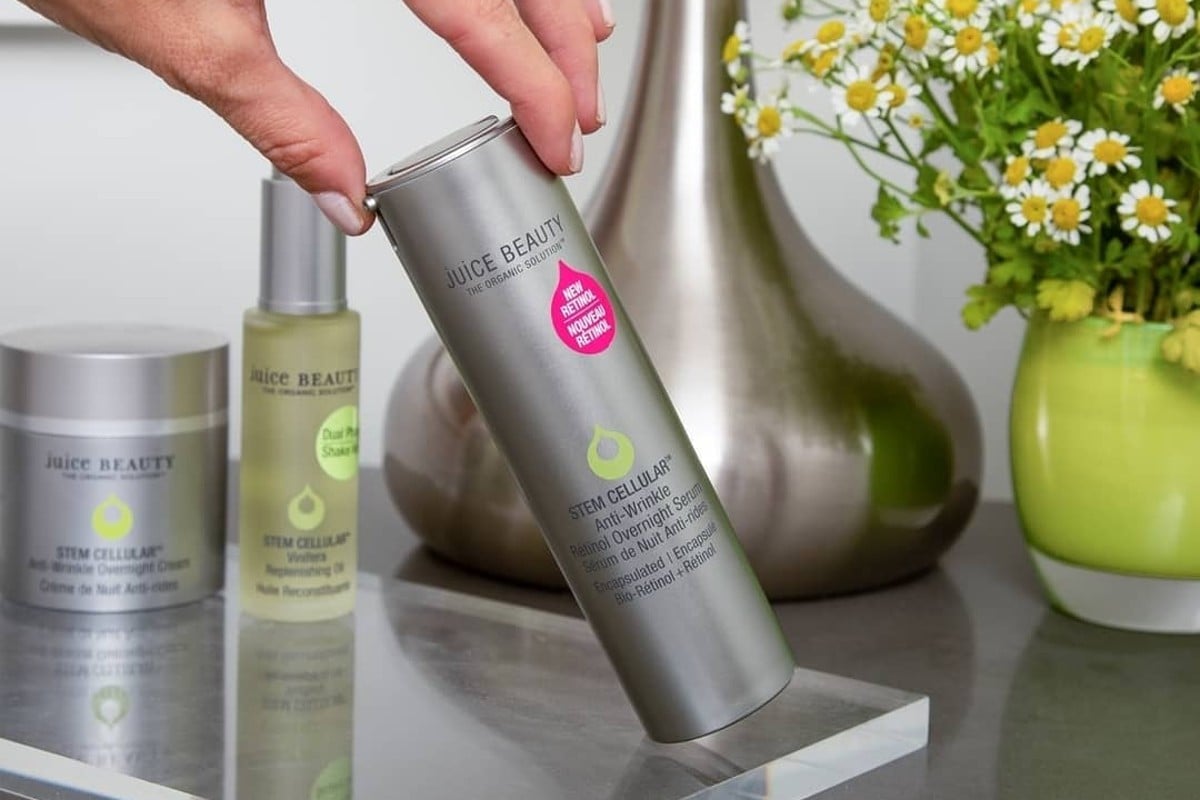Have you ever seen someone that looked several years older than their actual age? This is the sad reality of the effects of photoaging, aka the premature aging of the skin caused by UV exposure, where wrinkles, fine lines, and dark patches make their apparition sooner than expected. Although we can’t refrain from the sun all the time hoping to dodge photoaging, we can shield our skin with these powerful protectors called antioxidants to offset UV damage and keep on that youthful look as long as possible. The reason for this is not farfetched; they offer strong protection against the effects of oxidative stress brought about by overexposure to UV.
Now, considering you have your retinol serum ready to fight skin aging, adding antioxidants to your routine is the final step to a resilient and radiant complexion. But before we delve into the benefits of antioxidants in preventing photodamage, let’s see what photoaging is all about.
What is photoaging?
Unlike natural skin aging, which is brought about by intrinsic factors like hormonal changes and genetics, photoaging is premature skin aging due to oxidative damage caused by overexposure to UV radiation.[1] The daily exposure to the sun’s harmful ultraviolet (UV) rays puts our skin in danger of oxidative stress — an imbalance of free radicals and antioxidants in the body, leading to premature aging. These free radicals are molecules without an electron to form a bond. They attempt to steal electrons from other atoms, and in the process, they cause damage to the skin cells.
How do antioxidants help prevent photoaging?
This is where antioxidants come in, and they could be the “youthful fountain” that we’ve all been searching for! Board-certified dermatologist Neva Greenfield, M.D explains that antioxidants work to counter free radicals in the skin caused by sunlight. They stop the formation of free radicals by donating electrons to neutralize them. The skin needs a proper balance between free radicals and antioxidants to function well. When this balance is lost, and free radicals outweigh the available antioxidants, we experience what is known as oxidative stress. If left unchecked, oxidative stress triggers premature skin aging, hyperpigmentation, acne, and even skin cancers.[1][2]
Fortunately, antioxidants are here to help you fight photoaging and all the damage caused by free radicals:
Antioxidants fight signs of aging
Oxidative stress is one of the major culprits of saggy skin, fine lines, and wrinkles since it reduces collagen production, thereby making the skin lose its elasticity and leading to premature aging. Hence, antioxidants prevent and reduce aging signs by counteracting protein degradation so the skin can retain its youthful radiance.[2] Antioxidants like vitamins C and E are well known to stimulate fibroblasts (collagen-producing cells) to increase the production of healthy collagen and elastin in the body.
Antioxidants protect your skin from sunburn
Skin inflammation is often a result of constant exposure to harmful UV-B, which may even lead to transepidermal water loss. As a result, the skin loses its moisture and becomes dry and inflamed. Thankfully, antioxidants have been proven to have potent anti-inflammatory properties that protect your skin against sun damage.
Antioxidants prevent skin pigmentation
Another effect of overexposure to UV rays and free radicals is increased melanin production (skin pigment). This makes the skin lose its original tone as dark spots and patches appear on the skin. By donating electrons to free radicals, antioxidants decrease melanin production in the skin and help prevent hyperpigmentation, giving you a perfectly even skin tone.[2]
Antioxidants consolidate the skin’s protective barrier
The protective barrier is actually the epidermis — the outermost layer of the skin that has the role of shielding the skin against environmental aggressors, including free radicals. Studies have shown that the topical use of antioxidants like tocopherol can support and restore a healthy skin barrier, resulting in increased protection against oxidative damage.[3]
What are the best antioxidants for skin?
The most famous antioxidants in skincare include vitamins A, C, and E, polyphenols (think green tea, resveratrol, curcumin), superoxide dismutase, niacinamide, and glutathione.
References
Women’s Concepts uses reliable sources, including dermatologists’ insights, clinical trials, and scientific journals, to find accurate information and support all the facts shared in our articles. All statements and claims have clear and legit references. Read our editorial policy to learn more about our sources of information, our process of researching and fact-checking the content, and how our team strives to keep all articles updated, completed, and trustworthy.
- Kang S, Fisher GJ, Voorhees JJ. Photoaging: pathogenesis, prevention, and treatment. Clin Geriatr Med. 2001 Nov;17(4):643-59, v-vi. doi: 10.1016/s0749-0690(05)70091-4. PMID: 11535421.
- Pandel R, Poljšak B, Godic A, Dahmane R. Skin photoaging and the role of antioxidants in its prevention. ISRN Dermatol. 2013;2013:930164. Published 2013 Sep 12. doi:10.1155/2013/930164
- Thiele JJ, Schroeter C, Hsieh SN, Podda M, Packer L. The antioxidant network of the stratum corneum. Curr Probl Dermatol. 2001;29:26-42. doi: 10.1159/000060651. PMID: 11225199.


